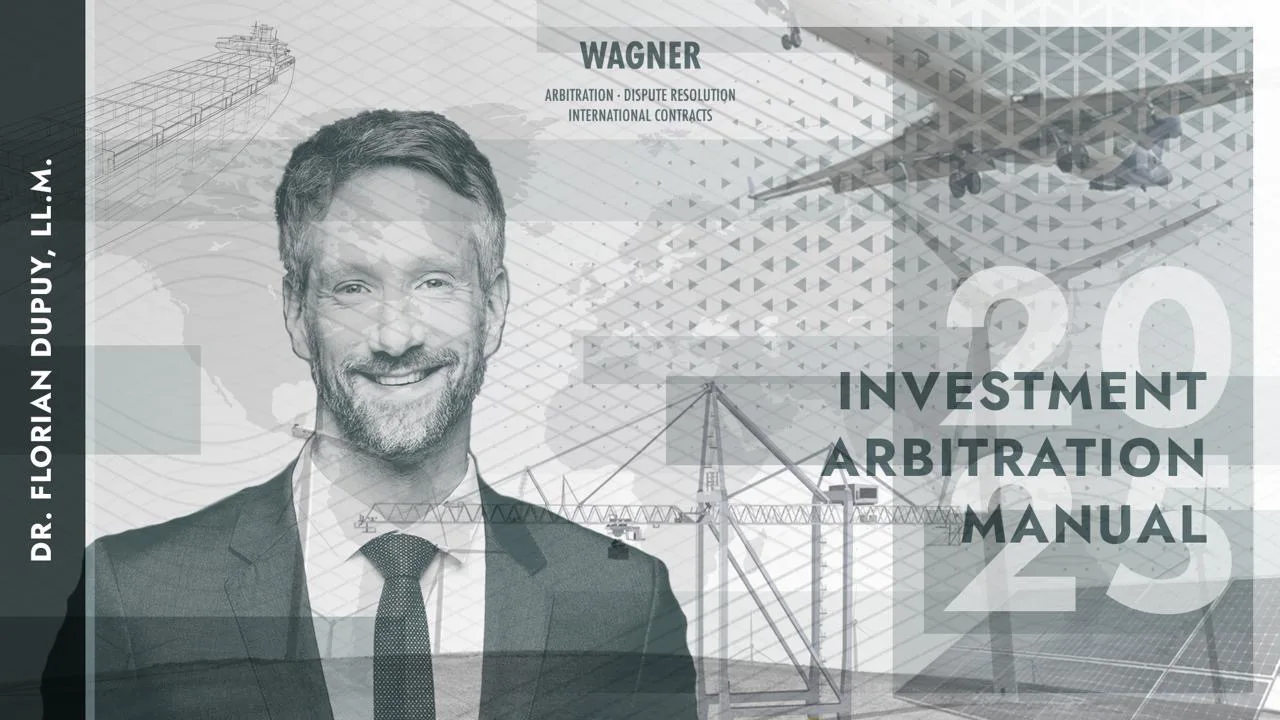Investment arbitration offers private investors a unique avenue to seek direct redress for breaches of a State’s international law obligations, bypassing the need to rely on domestic courts or diplomatic protection. However, these proceedings are often criticized for their lengthy durations and high costs, which can deter investors seeking a quicker resolution or lacking the financial resources to engage in a full-scale arbitration process.
This raises an important question: could expedited arbitration – a well-established mechanism in commercial arbitration – be more frequently utilized in the investment arbitration context? Doing so might make investment arbitration more accessible to smaller investors or those involved in lower-value disputes, thereby broadening the scope and inclusivity of this dispute resolution mechanism.
What is expedited arbitration?
Expedited arbitration is a streamlined, fast-track process for resolving disputes through arbitration, designed to be quicker and more cost-effective than traditional arbitration procedures. It often has simplified rules, shorter timelines, and limited procedural steps to expedite the resolution of the dispute. Expedited arbitration is commonly chosen for smaller commercial disputes or in matters that are particularly urgent or time-sensitive.
Some of the key features typically include:
- Shorter Timelines: Timelines for each stage – such as submitting evidence, witness statements, and final awards – are compressed to speed up the process.
- Reduced Scope for Evidence and Document Production: The extent of evidence collection may be limited, focusing only on essential documentation and witness testimony.
- Single Arbitrator: Expedited arbitration often involves a sole arbitrator, rather than a panel of three, to simplify the decision-making process.
- Limited Hearings or Written Submissions: Expedited arbitration may rely on a single hearing or even just written submissions.
Expedited arbitration is used in various industries, especially where disputes need fast resolutions, like construction, finance, and international commerce. Some arbitration bodies, like the ICC, the LCIA and the SCC, offer specific expedited procedures tailored to meet these requirements.
Is expedited arbitration also available in the context of BIT claims?
Expedited arbitration is generally less common in the context of bilateral investment treaty (BIT) claims – also known as investment claims or ISDS claims. BIT claims are typically complex, high-stakes cases that involve substantial investments, intricate legal questions, and often, matters of State sovereignty. These factors make it challenging to expedite such cases without risking due process or comprehensive evaluation.
However, there are certain ways in which elements of expedited arbitration have begun to enter BIT disputes:
- Institutional Initiatives: Some arbitration institutions, like the International Centre for Settlement of Investment Disputes (ICSID) and the Permanent Court of Arbitration (PCA), have recognized the need for quicker dispute resolution methods. ICSID, for instance, introduced rule amendments in 2022 that include provisions for expedited arbitration for cases where the parties mutually agree to it.
- Simplified Procedures by Agreement: In some cases, the disputing parties in BIT claims might mutually agree to adopt faster, simplified procedures. This could involve setting tighter schedules, agreeing to a single arbitrator instead of a panel, or limiting or eliminating the scope of document production requests. However, this remains relatively rare because of the high value and complexity of most BIT claims.
- Streamlined Preliminary Issues: To address timing concerns, arbitrators in BIT cases sometimes expedite the preliminary phase by deciding jurisdictional or procedural issues on an accelerated basis. This is not a full expedited arbitration but does help shorten the duration of the initial stages.
- New Generation BITs: Some recent BITs and trade agreements include language allowing for expedited processes or shorter time limits in specific circumstances. For example, certain provisions may limit the duration of arbitration or mandate quicker procedures in specific areas like expropriation claims or urgent cases.
In sum, while full-fledged expedited arbitration is uncommon in BIT claims due to the high stakes and complex nature of these disputes, there are evolving mechanisms aimed at achieving greater efficiency within the existing structure.
While there is no widely publicized example of an entire investment arbitration conducted under a formal expedited framework, there are clear signs of progress toward streamlining parts of the process. Recent institutional reforms and treaty innovations suggest that expedited arbitration could become a more viable option for investment disputes in the future.
In what circumstances could the parties agree to expedited proceedings?
The crux of the matter is that expedited proceedings will likely remain largely confined to cases where both parties – the claimant investor and the respondent State – expressly agree to such a framework. While most investors bringing BIT claims are keen to reduce costs and accelerate outcomes, experience shows that the respondent State will often make efforts to delay, rather than speed up, the resolution of the dispute.
This raises the question: under what circumstances might the parties have a converging interest in opting for expedited proceedings?
The following factors may help persuade a State to pursue expedited arbitration:
- Low-value or narrow-scope disputes: For smaller claims or disputes with limited financial or political impact, a State might see expedited arbitration as a way to resolve the matter efficiently without expending excessive resources. States with limited financial means may particularly favor expedited procedures to minimize the costs of arbitration and reduce the burden on government agencies. Similarly, if the dispute centers on a straightforward legal question or involves uncontested facts, a State might prefer a streamlined process to reach resolution quickly.
- Political or economic pressure for quick resolution: A State might face domestic or international pressure to resolve a dispute quickly to restore investor confidence or maintain economic stability. In cases where prolonged arbitration could damage the State’s reputation as a reliable investment destination, a faster resolution could mitigate negative impacts. In particular, when the investor is from a key trade partner or an influential multinational, a State may agree to expedited arbitration as a gesture of goodwill to preserve broader bilateral or economic relations.
- Precedent-setting opportunity: A State may seek to create favorable jurisprudence or set a precedent on a particular legal issue within a shorter timeframe. For example, it could agree to expedited arbitration to address a novel interpretation of a treaty provision in a way that aligns with its broader policy goals.
- Perceived strong legal position: Finally, if the State believes – rightly or wrongly – it has a robust defense to the claims, it may agree to expedited proceedings to quickly dismiss the case.
Conclusion
While recent efforts aim to make expedited investment arbitration more accessible, such proceedings are likely to remain exceptions in this field. States may agree to expedited arbitration when their legal, financial, economic, or political interests align with the benefits of a faster process. However, such agreements are more likely in low-stakes or narrowly defined disputes, where the advantages of speed and cost savings outweigh the risks of limiting procedural flexibility and due process.

